Ken Watanabe, who grew up in Japan, worked as a McKinsey consultant. He left to teach Japanese children how to solve problems using his interpretation of McKinsey’s systematic approach to planning and problem solving. This manual – his 2007 book on problem solving for children – became Japan's best-selling business book, popular with kids, educators, parents and businesspeople. Watanabe’s work is educational, enlightening and easy to follow. His charming characters – Miss Mushroom, John Octopus, Eggplant, Kiwi the Soccer Girl, Miss Sigh and Tofu – are delightfully entertaining.
To solve a problem, take a systematic, logical approach.
Everyone must figure things out, make decisions, and solve problems. Although most people don’t yet know about it, you can turn to a proven and highly reliable system to accomplish these three vital and sometimes life-changing goals. The solutions that derive from this problem-solving system are elegant, effective and satisfying. Sometimes, they change the world for the better.
The tools that accompany this problem-solving system are easy to understand and apply. Having a specific thinking and planning approach helps you organize your thoughts logically and effectively and broaden your thinking to consider a wide variety of solutions to your problems.
Taking a systematic, logical, problem-solving approach can help you manage life’s various – and often perplexing – challenges. It helps you build a specific set of capabilities and skills anyone can learn, make them into habits and benefit from them over the long term.
Avoid adopting an attitude that hinders problem solving.
Certain apocryphal characters are not problem solvers:
Former McKinsey & Company management consultant Ken Watanabe grew up bilingual in Japan. He studied at both Yale and Harvard Business School, and founded and serves as CEO of the education, entertainment and media company, Delta Studio.









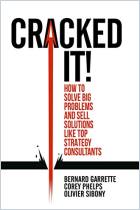
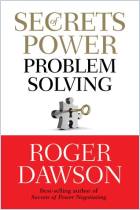
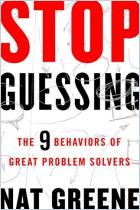
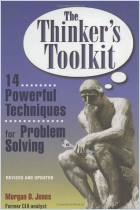
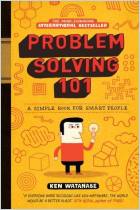
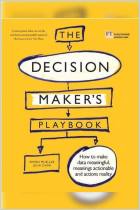


Comment on this summary